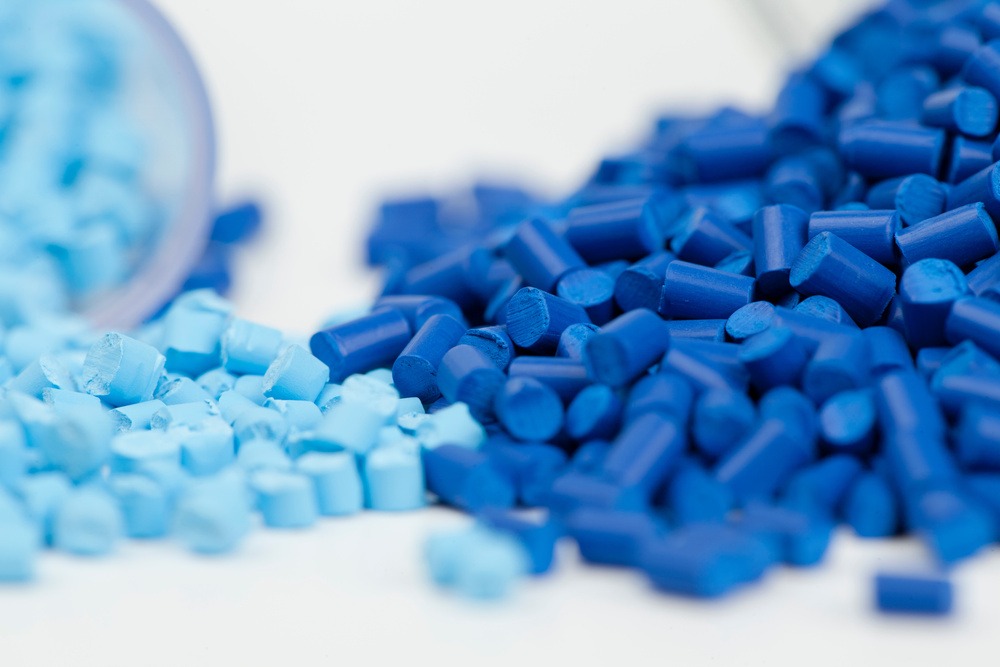
3 Methods of Recycling Postindustrial Plastics – They All Work
It is no secret that consumer plastic recycling has proven itself a colossal failure over the last five decades. Things have been so bad that even Greenpeace had to admit in a 2022 report that consumer plastic recycling never has worked and never will. But what about postindustrial plastics?
Also known as industrial plastics for short, postindustrial plastics include all those plastics produced during industrial processes or for industrial purposes. The category includes:
- plastic buckets, totes, etc.
- plastic shipping pallets
- plastic pipes, tubes, etc.
- plastic cutoffs and purge from manufacturers.
Even though the vast majority of consumer plastics never get recycled, a large portion of postindustrial plastics do. There are three methods for doing so. Each one is explained below.
1. Mechanical Recycling
Mechanical recycling is by far the most utilized method. It is the method chosen by Seraphim Plastics out of Tennessee. Seraphim Plastics buys industrial scrap plastic and recycles it in seven states. Their process is simple, cost-effective, and profitable.
The plastic Seraphim Plastics collects gets reduced to small pellets via a series of grinders and magnets. That’s the first step in mechanical recycling. The second step occurs after the regrind is sold to manufacturers. Regrind is mixed with virgin plastic pallets and melted down. The resulting material is then converted into new plastic products.
Mechanical recycling is the preferred method because it can be done so cheaply. Seraphim Plastics doesn’t have to invest a lot of money in collecting industrial scrap plastic and getting it to their processing facilities. They do not spend anything at all on sorting and decontamination. Those things are handled by the customers from whom Seraphim Plastics buys plastic waste.
2. Chemical Recycling
Mechanical recycling’s main disadvantage is a loss of integrity. Mechanically recycled plastic is not as strong. However, chemical recycling can reduce scrap plastic to its fundamental components with very little loss of integrity.
Reducing plastic waste to its core components allows recyclers to recover those components individually. The recovered materials can then be reused to make new plastic products. It is a far more effective solution for keeping end-of-life plastics out of the waste stream.
Unfortunately, chemical recycling is expensive, energy intense, and polluting. Recyclers consume a tremendous amount of energy in their processes. Their processes also produce greenhouse gases.
3. Energy Recovery
The third means of recycling industrial plastic waste is through the energy recovery model. In an energy recovery situation, recyclers are not attempting to capture plastic waste and return it to the manufacturing process. Instead, the goal is to convert the waste into energy.
One of the fundamental laws of physics is that energy can neither be created nor destroyed. It can only be transferred. If we apply that law to plastic waste, it suggests that potential energy is locked inside plastic objects. If we can release that energy, we can put it to use in other ways. That’s the idea behind energy recovery processes.
Just as with chemical recycling, energy recovery processes do tend to pollute. It’s hard to not generate pollutants when producing energy. Burning fossil fuels generates emissions. Clean energy generates pollutants when equipment is produced and disposed of. Producing energy through plastic recycling generates pollutants as well. So which process is least polluting? Mechanical recycling.
No Perfect Way to Do It
Examining all three methods for recycling postindustrial plastic waste reveals that there is no perfect way to do it. Recyclers choose a particular method based on what they are trying to accomplish. They do the best they can with what they have available. That is not a bad thing, by the way.



